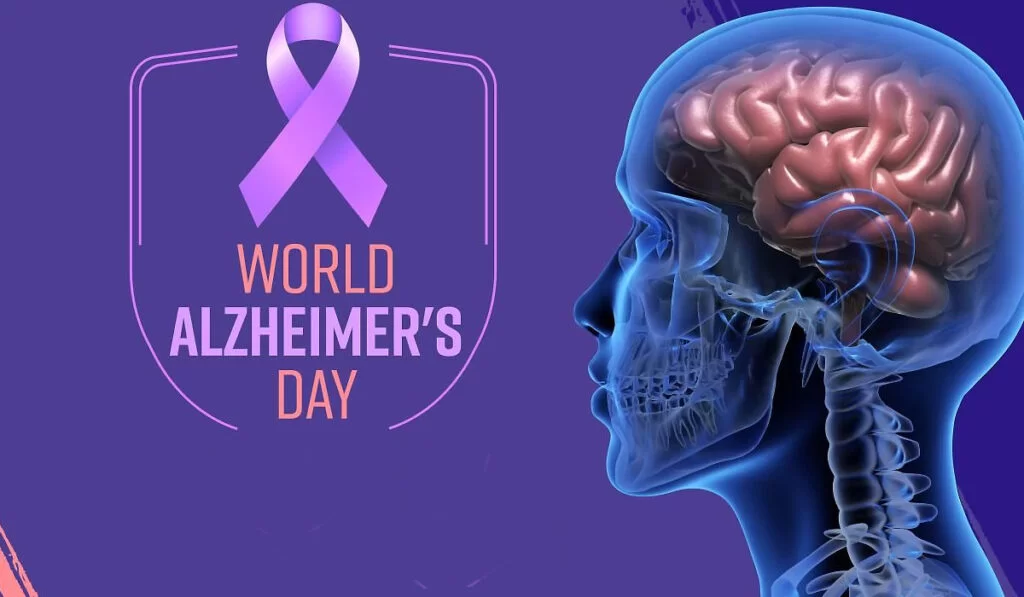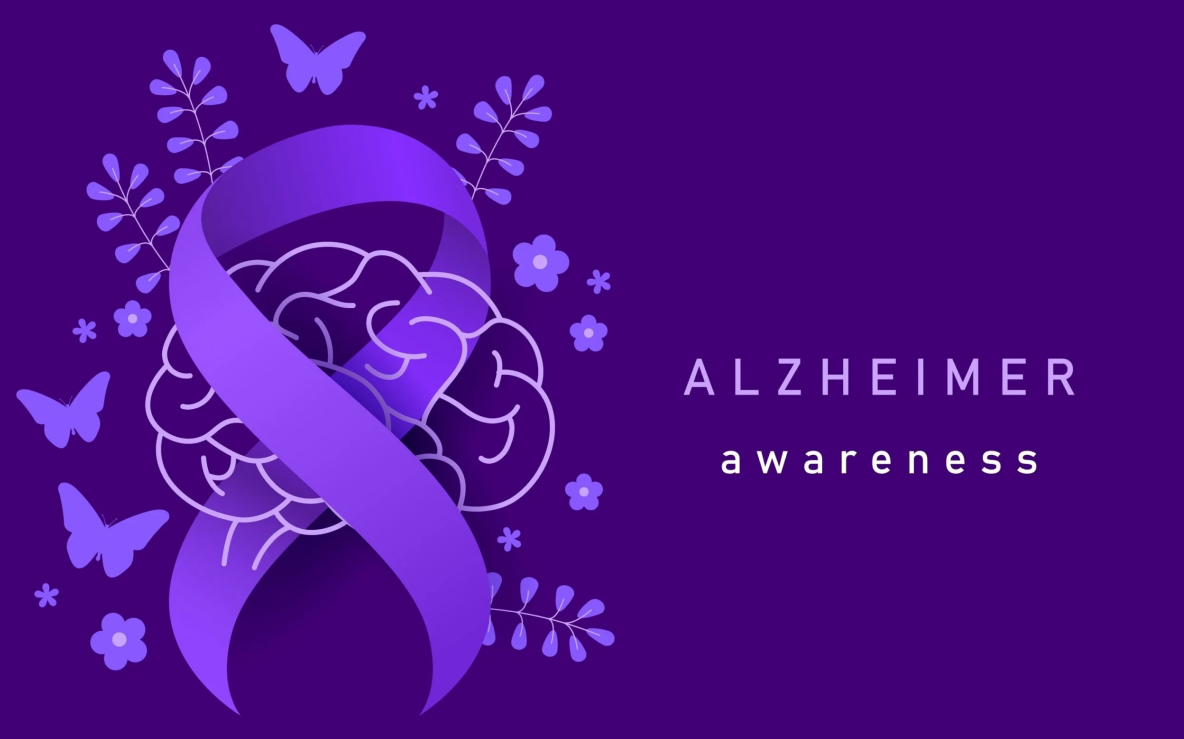
September 21 marks World Alzheimer’s Day, an international awareness initiative dedicated to drawing attention to Alzheimer’s disease and dementia. While much of the conversation focuses on the medical aspects of this condition, the broader message extends to how societies, families, and industries approach aging, health, and quality of life. For the medical aesthetics industry, this day is not only about raising awareness of a neurological condition but also about recognizing the role of holistic care — including emotional well-being, self-image, and dignity — in supporting aging populations.
Alzheimer’s disease is the most common form of dementia, gradually impairing memory, reasoning, and independence. It affects over55 million people worldwide, with millions of new cases each year, according to the World Health Organization. Beyond the statistics lies a deeper reality: Alzheimer’s does not only affect the patient but also profoundly reshapes the lives of caregivers, families, and communities.
In this context, health-related industries have an essential role to play. The medical community strives to provide earlier diagnosis and better treatment options, while industries like medical aesthetics can focus on promoting a sense of dignity, confidence, and psychological support for individuals as they age.
Medical aesthetics has traditionally been associated with enhancing appearance, from skin rejuvenation to anti-aging solutions. However, in recent years, its scope has expanded towardhealthy aging and overall wellness. Treatments that improve skin quality, restore facial volume, or reduce signs of fatigue do more than enhance looks — they often support self-esteem and improve quality of life.
For individuals living with or at risk of cognitive decline, maintaining personal identity and self-image can be a source of stability. While medical aesthetics cannot address Alzheimer’s disease directly, it can contribute to a broader care framework where patients feel valued and dignified, reinforcing emotional resilience for both patients and caregivers.

World Alzheimer’s Day is an opportunity to rethink how industries collaborate in addressing the challenges of aging populations. Medical aesthetics providers, for example, can:
Educateclients and families on safe, age-appropriate treatments that promote skin health and comfort in later years.
Support caregiversby creating environments that prioritize empathy, communication, and respect.
Promote wellnessby integrating aesthetic care with preventive health practices, such as proper nutrition, physical activity, and regular screenings.
In many cultures, looking well is strongly tied to feeling well. For older adults, even subtle improvements in appearance can provide emotional encouragement and a sense of identity preservation.
The medical aesthetics sector is known for its rapid innovation — from minimally invasive devices to regenerative therapies. As technology evolves, so does the responsibility of the industry to align these innovations with ethical care, particularly for vulnerable populations. On World Alzheimer’s Day, companies are reminded to prioritize safety, accessibility, and patient-centered care in product development and service delivery.
Additionally, awareness campaigns by aesthetic clinics or device manufacturers can contribute to reducing stigma around aging and dementia. By highlighting that beauty, care, and dignity are not lost with age, the industry can send a powerful message of inclusivity and respect.
Alzheimer’s disease is often misunderstood, leading to delays in seeking medical help and creating emotional isolation for families. Global awareness days such as this are essential in breaking down those barriers. Within the medical aesthetics industry, businesses can play a role by:
Hosting community events or online webinars that discuss aging gracefully, both physically and emotionally.
Collaborating with healthcare organizations to promote broader awareness of dementia care.
Sharing real stories of patients and caregivers that emphasize resilience and human connection.
By linking awareness efforts with professional expertise, the industry can help foster a culture that respects aging while supporting innovation in care and aesthetics.
World Alzheimer’s Day is not just a medical calendar event. It is a reminder that health and beauty are interconnected, and both are central to human dignity. For the medical aesthetics field, this is an opportunity to reaffirm its role in the ecosystem of aging — not just as a provider of treatments but as a contributor to the overall well-being of individuals and society.
As we observe this important day, we are reminded thatevery innovation, every treatment, and every act of care should begin with respect for the patient’s dignity and safety. Aging with confidence, supported by compassionate health and aesthetic practices, is a vision worth striving for.